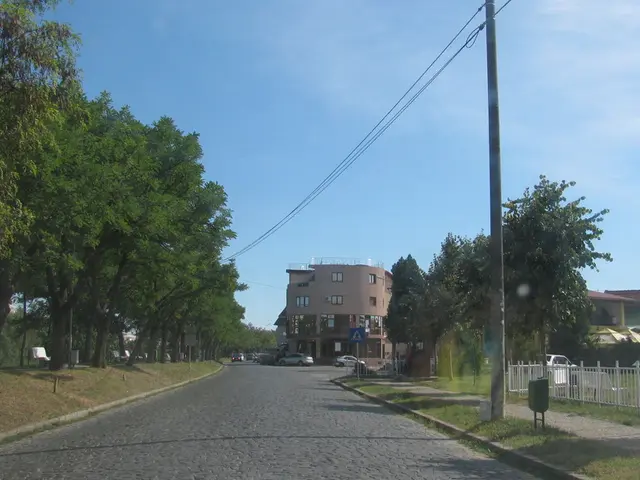Surging Carbon Prices Make Fossil Fuel Power Unsustainable in Southeast Europe
Soaring carbon prices are making fossil fuel-based power generation increasingly unsustainable, while renewable energy becomes more economically viable. This shift is set to reshape energy landscapes, particularly in Southeast Europe, where lignite-fired power plants face closure and modernization challenges.
Bulgaria's Maritsa Istok 2 lignite power plant could incur losses of over 150 million euros due to the rising CO2 emissions price. This follows a trend of lignite plants in Southeast Europe facing stricter EU regulations and the need to meet new Best Available Techniques environmental standards, which require significant investment.
The transition is inevitable. By 2030, roughly half of the region's existing coal and lignite generation will need to be replaced or phased out. This could lead to higher household power prices or increased budget costs. However, early action can prevent stranded costs and reduce energy poverty and air pollution.
Renewable energy is becoming more competitive as wholesale power prices rise in the region. By 2040, the total installed coal capacity is projected to drop to around 2.3 GW, down from over 24 GW today, due to increasing gold prices. This shift could transform economic regions dependent on coal, making them more sustainable and resilient.
The writing is on the wall for fossil fuel-based power generation in Southeast Europe. As carbon prices climb and regulations tighten, lignite power plants face significant challenges. The region must embrace the transition to renewable energy, investing in modernization and new technologies to secure a sustainable energy future.







